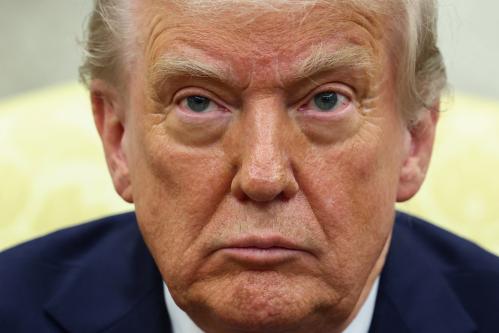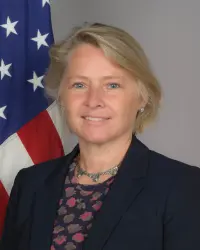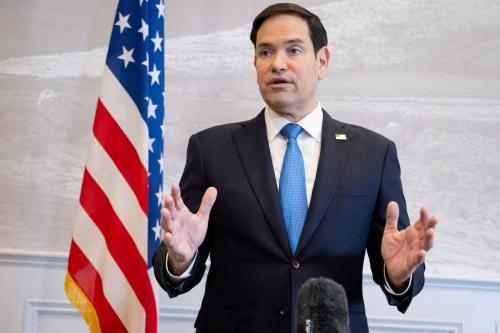

3:30 pm EDT - 5:00 pm EDT
Past Event
3:30 pm - 5:00 pm EDT
1775 Massachusetts Avenue N.W.
Washington, DC
20036

The first two years of Donald Trump’s presidency have coincided with an intensification in competition between the United States and China. Across nearly every facet of the relationship—trade, investment, technological innovation, military dialogue, academic exchange, relations with Taiwan, the South China Sea—tensions have risen and cooperation has waned. To some observers, the more competitive nature of U.S.-China relations was long in the making; to others, it is the outgrowth of recent decisions made by leaders in Washington and Beijing.
On Tuesday, October 30, Evan Osnos moderated a public debate about the future of U.S.-China relations. Two teams of distinguished experts examined whether or not U.S. and Chinese interests are “fundamentally incompatible,” as a recent survey by Foreign Affairs posed. Both sides considered areas where U.S. and Chinese vital interests converge and diverge, whether each country’s national ambitions are reconcilable with the other’s goals, how the United States can best manage great power competition with China, and how domestic politics factor in within each country.
This special event is cohosted by the John L. Thornton China Center at Brookings and the Paul Tsai China Center at Yale Law School.




Ryan Hass
April 25, 2025

Ryan Hass
April 14, 2025

John Culver, Jonathan A. Czin
March 31, 2025